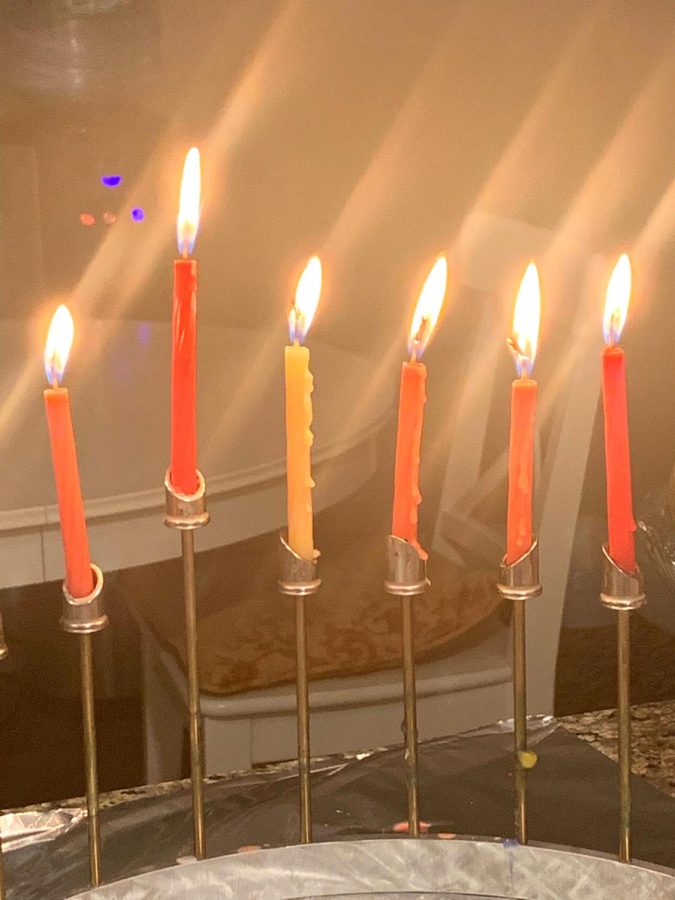From Military to Miracle: One Student Reflects on the Meaning of Chanukah
Jews all over the world observed the holiday Chanukah last month, which celebrates the existence of miracles. However, not everyone is aware that historically Chanukah was less about miracles than it was about a military victory over a ruling empire.
Chanukah’s historical roots were during the reign of the Seleucid Empire in about 200 BCE, when a ruler named Antiochus Epiphanes IV entered the Temple in Jerusalem and placed a statue of Zeus in it. To the Jews of the time, this act destroyed their most sacred space.
Led by Judah Maccabee, the Jews revolted and fought a war in which they regained control of the Temple. But because they were at war, Jews were unable to celebrate the eight-day holiday of Sukkot that year. When the war was finally finished, a late Sukkot was observed in which the military victory was highlighted.
In later years, as Jews lived under the rule of others, they felt uncomfortable celebrating a holiday focused on a military victory. A legend was thus spread that after the Temple was reconquered, Judah Maccabee lit a menorah and rededicated the space. As the story goes, oil that was only supposed to last for one day ended up lasting for eight.
A holiday that was once about military triumphs now focuses on miracles.
It is important for the holidays that we celebrate to have meaning to our lives today, which is why I think the Chanukah celebration makes a lot of sense. Instead of focusing on armies defeating other armies, we think about the simple miracles that are around us.
